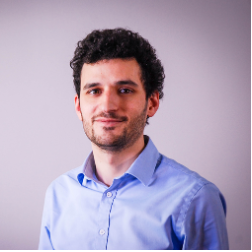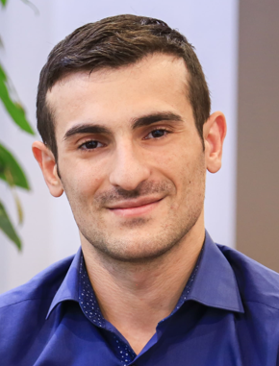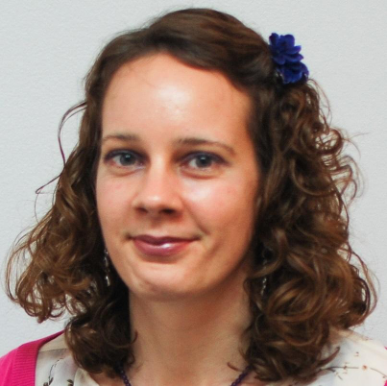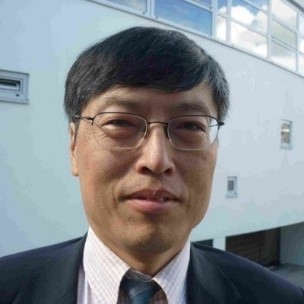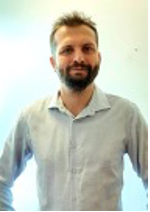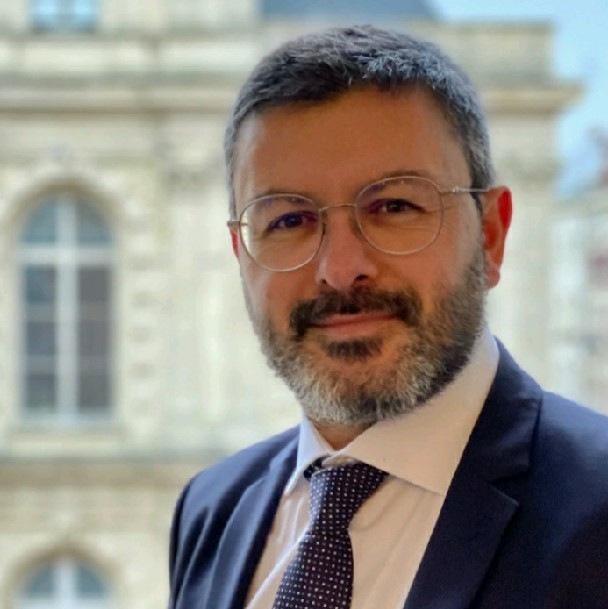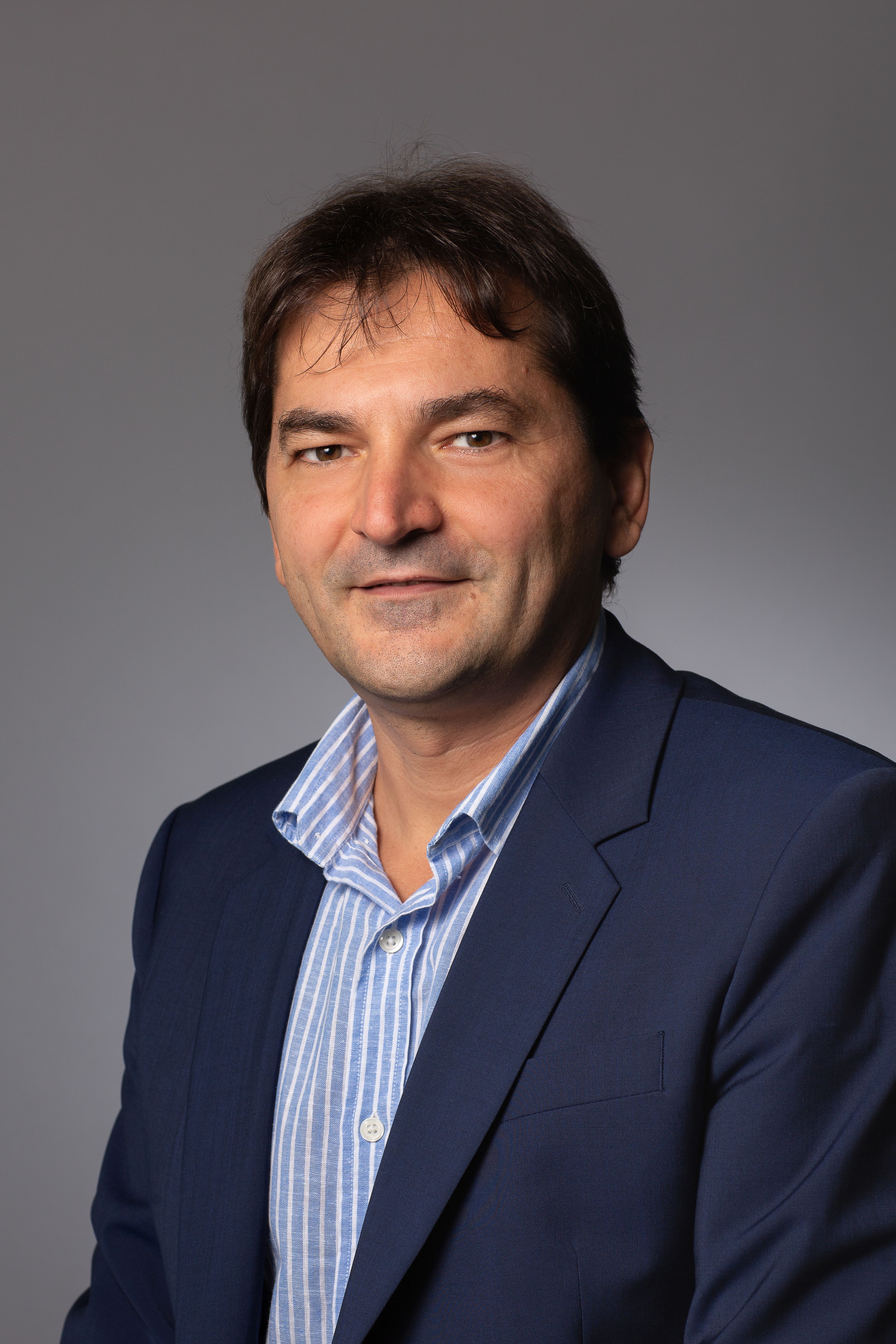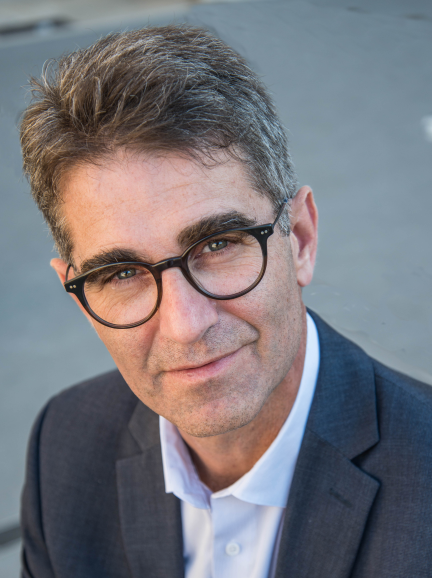Description of Activities
With AI’s evolution, a growing need for AI ethicists to address ethical, social, and psychological queries is evident. One gap, however, lies in the absence of standardised competencies for these professionals, causing hesitation among organisations to embrace AI ethics.
Impact on SMEs (1st Open Call)
Establish requirements and ethical guidelines for AI nudging, particularly for vulnerable groups providing requirements, definitions and methodologies that safeguard individual free will, benefiting organisations, and consumers.
Impact on SMEs (2nd Open Call)
The work on ethics helps SME to apply guidelines or choose qualified professionals in the AI ethics field.
Impact on SMEs (4th Open Call)
The ethical standards initiatives are particularly important for SMEs, as they provide the necessary guidance to address the residual uncertainties surrounding AI implementation.
Impact on SMEs (6th Open Call)
The ethical standards initiatives are particularly important for SMEs, as they provide the necessary guidance to address the residual uncertainties surrounding AI implementation. By helping SMEs employ competent ethicists, choose the right tools, and upskill the ethical awareness of developers, these efforts ensure that smaller enterprises can foster responsible innovation.
Impact on society (1st Open Call)
Using distributed morality mechanisms on multi-agent systems, we aim to mitigate risks and assist the industry in fostering an ethical ecosystem, thereby facilitating the implementation of EU regulatory requirements.
Impact on society (2nd Open Call)
Establishing a uniform language, processes, and ethical methods to regulate their application is paramount to avert unintentional harm and protect vulnerable demographics.
Impact on society (4th Open Call)
The ongoing work on sustainable AI is preparing organizations for compliance with forthcoming EU regulations on environmental sustainability.
CEN CENELEC JTC21 AI WG4 Foundational and societal aspects
ISO/IEC JTC1 SC 42 AI WG3 Trustworthiness
AFNOR ethics committee on AI
Impact on society (6th Open Call)
The development of the AI Trustworthiness Framework is highly significant as it directly supports the implementation of the EU AI Act. This framework establishes essential standards that will enable organisations to meet the legal requirements of the Act. Furthermore, the ongoing work on sustainable AI is preparing organizations for compliance with forthcoming EU regulations on environmental sustainability. These initiatives focus on creating AI systems that are energy-efficient and environmentally responsible, ensuring that businesses are not only able to meet the new regulatory standards.
Organization
AI & Data Ethicist, Sardus France
Proposal Title (1st Open Call)
Journey Towards Ethical AI: A European Perspective on Nudging, Competence, and Ethics Roadmap
Proposal Title (2nd Open Call)
Navigating AI Ethics: Insights on AI Nudges, AI Competencies, Trust and Ethics Roadmap in EU
Proposal Title (4th Open Call)
The EU Path to AI: AI Trustworthiness, AI Ethics, Green & Sustainability AI, Fundamental Rights
Proposal Title (6th Open Call)
advancing the development of standards within the assigned technical area
Standards Development Organisation
Topic
Artificial Intelligence
